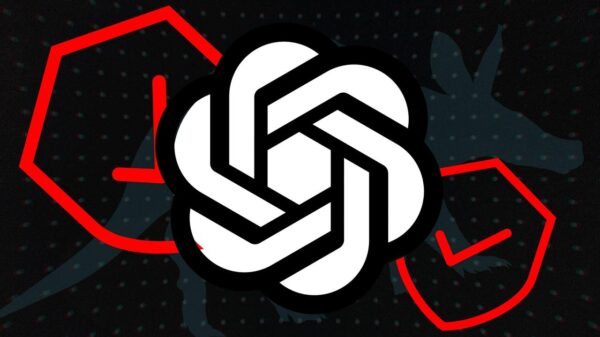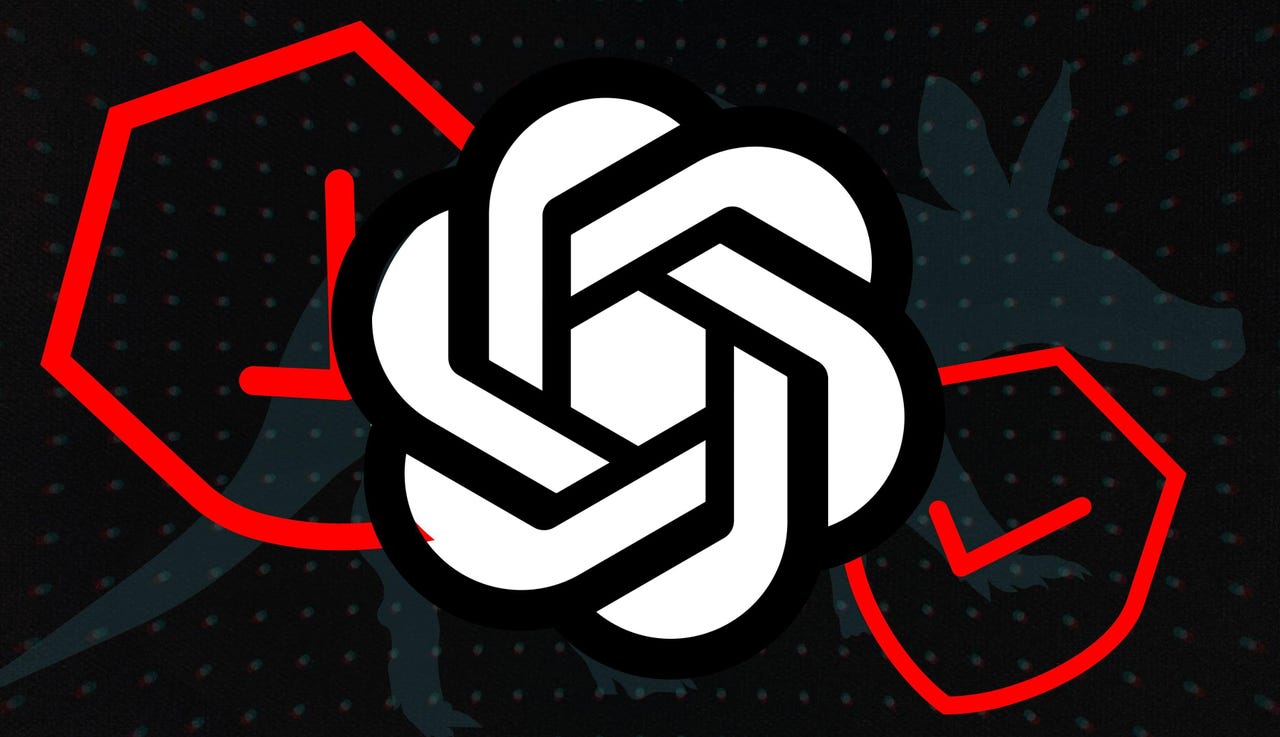OpenAI has introduced Aardvark, a sophisticated cybersecurity researcher powered by its latest GPT-5 technology. Announced in March 2024, Aardvark is currently in private beta and aims to assist security teams by identifying and helping to remediate vulnerabilities across various software platforms. This development reflects a growing trend of employing artificial intelligence to enhance cybersecurity measures.
Understanding Aardvark’s Capabilities
Aardvark stands out in the crowded field of AI tools by focusing specifically on security vulnerabilities. According to OpenAI, tens of thousands of new vulnerabilities are discovered each year in both enterprise and open-source codebases. The necessity for effective tools to combat these threats is more critical than ever. OpenAI’s Vice President, Matt Knight, highlighted that Aardvark initially emerged as an internal tool to assist their own developers. “Our developers found real value in how clearly it explained issues and guided them to fixes. That signal told us we were on the path to something meaningful,” Knight stated.
The functionality of Aardvark can be broken down into several stages that facilitate vulnerability detection and remediation. When connected to a code repository, Aardvark first analyzes the basic structure and security implications of the codebase. It examines previous actions and newly committed code to identify potential vulnerabilities. As Aardvark scans, it annotates the code, providing explanations for the vulnerabilities discovered.
This process culminates in Aardvark testing these vulnerabilities in a sandboxed environment, where it attempts to trigger them. The outcomes of this testing are then labeled with metadata, allowing users to filter results and explore deeper insights.
Integration with Existing Tools
In addition to identifying vulnerabilities, Aardvark also aids in their resolution. By leveraging OpenAI’s coding assistant, Codex, Aardvark can generate a patch for the vulnerabilities it identifies. Users receive a Codex-generated patch that has been scanned by Aardvark for review and implementation, streamlining the correction process.
Currently, access to Aardvark is limited to select partners invited by OpenAI to participate in the private beta. The company has stated that it will incorporate feedback from these participants to enhance the tool’s detection accuracy and validation workflows, aiming to provide additional benefits as it evolves.
As cybersecurity threats continue to proliferate, Aardvark represents a significant step forward in using AI to bolster defenses against malicious attacks. The increasing reliance on AI in cybersecurity highlights a dual-edged sword: while AI tools can enhance security, concerns remain about their potential misuse by cybercriminals.
With Aardvark, OpenAI demonstrates its commitment to providing innovative solutions that meet the pressing needs of cybersecurity professionals in a rapidly changing technological landscape.





































































